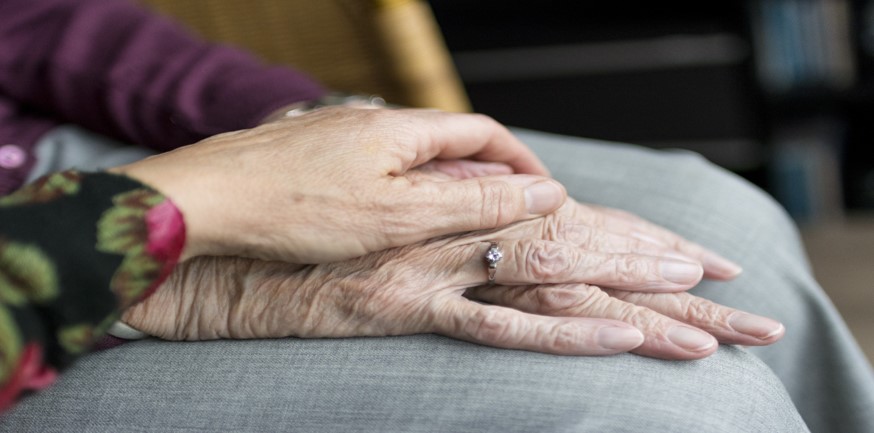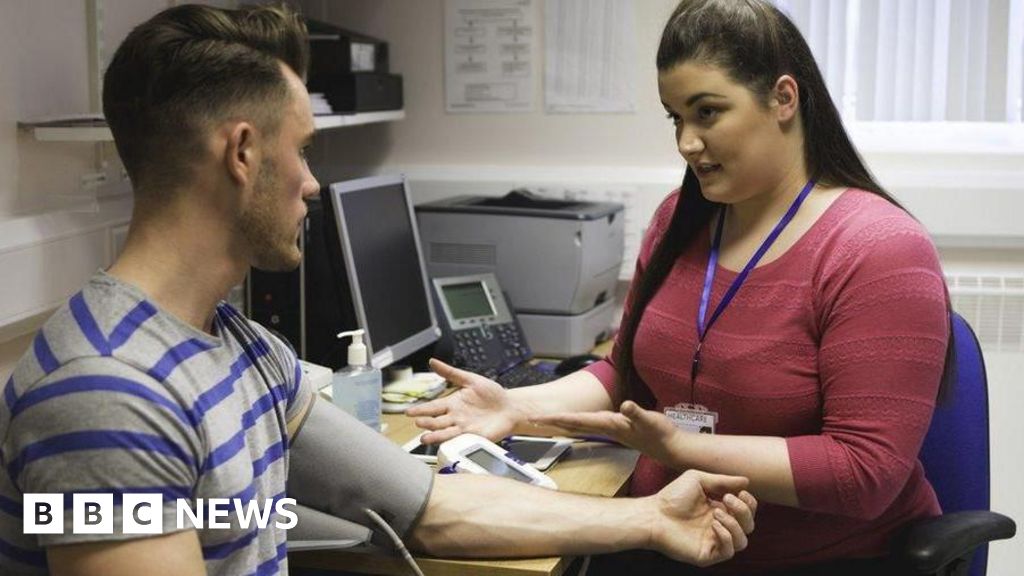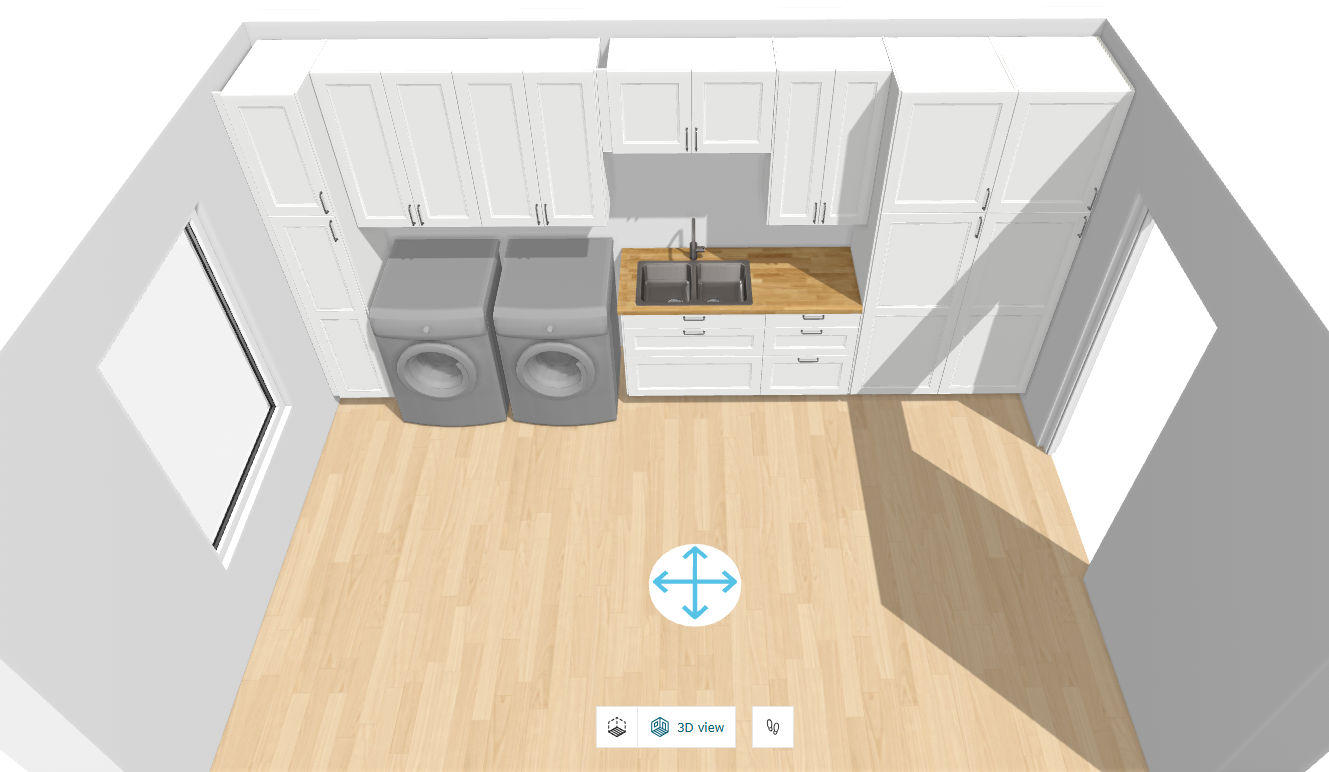

Introduction
Aging is an inevitable part of life that everyone must face, yet understanding its causes is crucial in maintaining quality of life as we age. By emphasizing physical activity, diet, mental well-being and preventative healthcare measures we can keep active as we age and keep living a fulfilling life.
This article will share practical tips on how to maintain health and vitality as you age.
Understanding the Aging Process
Biological Changes: As we age, our cells, tissues and organs experience natural changes. For instance, cell repair rates may slow down while tissues lose elasticity resulting in thinner and less firm skin. These processes have an impactful impact on how our body operates affecting energy levels as well as recovery from illnesses or injuries.
Hormonal Changes: Hormone levels also change with age. Women typically experience a decrease in estrogen during menopause while men experience reduced testosterone. These fluctuations can impact metabolism negatively by leading to reduced muscle mass, altered bone density and decreased energy.
Physical Changes: Aging can cause a decrease in muscle mass, skin elasticity, and bone strength(NCBI). Muscles may weaken, making it harder to stay active, while bones can become more fragile, increasing the risk of fractures. Understanding these changes can help us take action to maintain strength and vitality as we age.
Maintaining Physical Health
Regular Exercise: Remaining active as we age is vital to maintaining physical wellbeing. Activities like walking, swimming and strength training help strengthen muscles while supporting bone health; plus regular exercise increases balance, flexibility and overall energy levels – making it easier to remain physically active in everyday life.
Balanced Diet: Eating a balanced diet is essential for keeping your body healthy. Include plenty of fruits, vegetables, whole grains, lean proteins, and healthy fats in your meals (Source). These nutrients provide energy, support muscle growth, and help maintain strong bones.
Hydration: Proper hydration is important for overall health and helps maintain skin elasticity. Drinking enough water ensures that your body can function well, supports digestion, and keeps your skin looking healthy. Aim to drink at least 8 glasses of water a day to stay hydrated.
Quality Sleep: Sleep is essential for recovery and energy maintenance. Quality rest can help repair cells, support brain function and balance hormones; prioritizing sleep can improve mood, strengthen immunity systems and support body adaptation during aging processes.
Mental Health and Cognitive Function
Maintaining mental health and cognitive function is essential as we age. Engaging in activities like puzzles, reading, and learning new skills helps keep the brain active and sharp (NCBI). These activities stimulate the mind, improve memory, and support problem-solving skills.
Sleep is essential to recovery and maintaining energy levels, helping repair cells, boost brain functioning and regulate hormones. Prioritizing quality rest can improve mood, boost immunity and support the changes that accompany age.
Managing Chronic Conditions and Preventative Health
Monitor Blood Pressure and Cholesterol: Regular check-ups are essential to keep track of blood pressure and cholesterol levels (WHO). Monitoring these factors helps protect us against heart disease, stroke and other complications that become increasingly likely as we get older. Ensuring healthy levels through diet, exercise and medication (if needed) can make a tremendous impactful statement about overall wellness.
Diabetes Management: Adequate blood sugar management can prevent complications like nerve damage, kidney issues and vision issues as we age. Regular monitoring, eating healthily and staying active are the keys to successfully controlling diabetes and living a long, fulfilling life.
Preventative Screenings: Regular health screenings, such as mammograms, colonoscopies, and bone density tests, play an important role in detecting potential issues early. These screenings help identify health problems before they become serious, allowing for prompt treatment and better outcomes.
Addressing Age-Related Vein Health
As we get older, our veins can become less efficient, leading to varicose and spider veins. This occurs because over time vein valves deteriorate, making it more difficult for blood to flow back towards our hearts; therefore, blood can pool in veins causing them to swell up and become visible.
Reduced circulation is another issue that can wreak havoc with vein health, particularly when spending long periods sitting or standing. Maintaining a healthy weight helps relieve pressure on veins while staying active helps improve blood flow; simple activities like walking or stretching are great ways to promote healthier veins and promote blood flow; elevating legs for 15-20 minutes every day may even help reduce swelling and improve circulation!
For professional care, you can seek advice from experts like Texas vein experts in Woodlands who specialize in treating age-related vein issues.
The Role of Technology and Medical Advances in Aging
Technology plays a significant role in helping us stay healthy as we age. Wearable fitness trackers and health apps monitor daily activity, heart rate, and sleep patterns, encouraging an active lifestyle(ScienceDirect). These tools make it easier to keep track of health goals and stay motivated.
Medical advances have also improved treatments for age-related issues. For example, joint replacements have become more effective, allowing people to regain mobility and reduce pain. Minimally invasive treatments, such as those for varicose veins, offer quicker recovery times and less discomfort, making it easier for older adults to maintain their health and vitality.
Maintaining Emotional Health and Relationships
Medical advances have greatly advanced treatments for age-related ailments. Joint replacement surgeries have become more effective, allowing people to regain mobility and ease pain more effectively. Minimally invasive varicose vein treatments also offer quicker recovery times with less discomfort – helping older adults maintain health and vitality longer.
Conclusion
Understanding the aging process helps us take charge of our own health and vitality as we age. Staying active, eating a nutritious diet, caring for both mental and emotional well-being and attending to any medical issues are all effective means of maintaining a high quality of life as we get older. Aging does not have to mean losing independence or energy – rather it means making choices that support well-being – by taking proactive steps now we can ensure we remain healthy, active and fulfilled for years to come.








